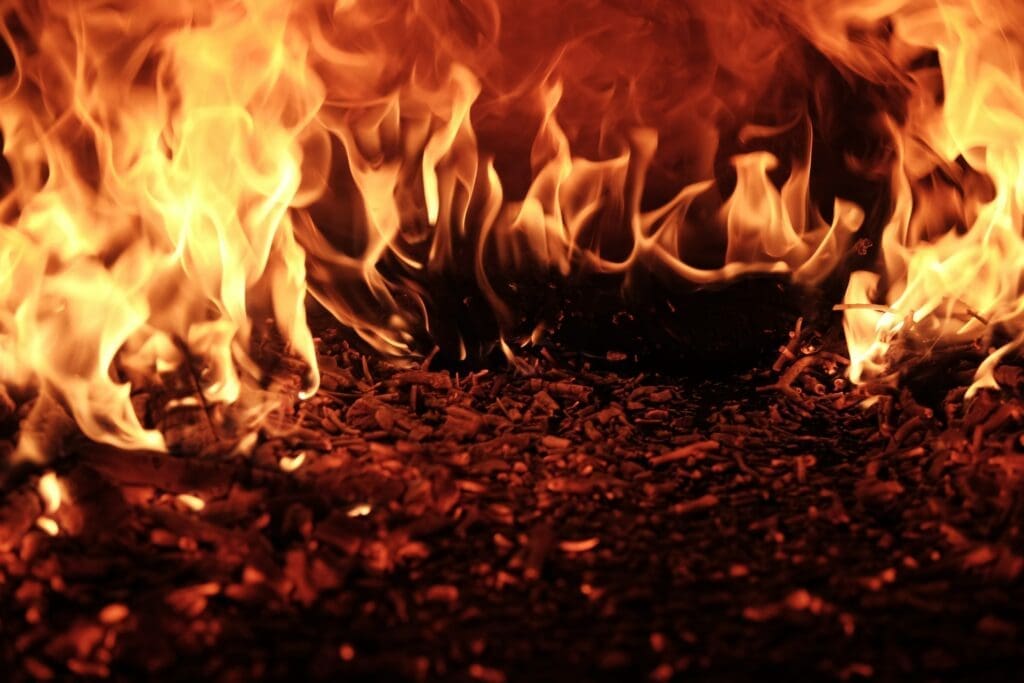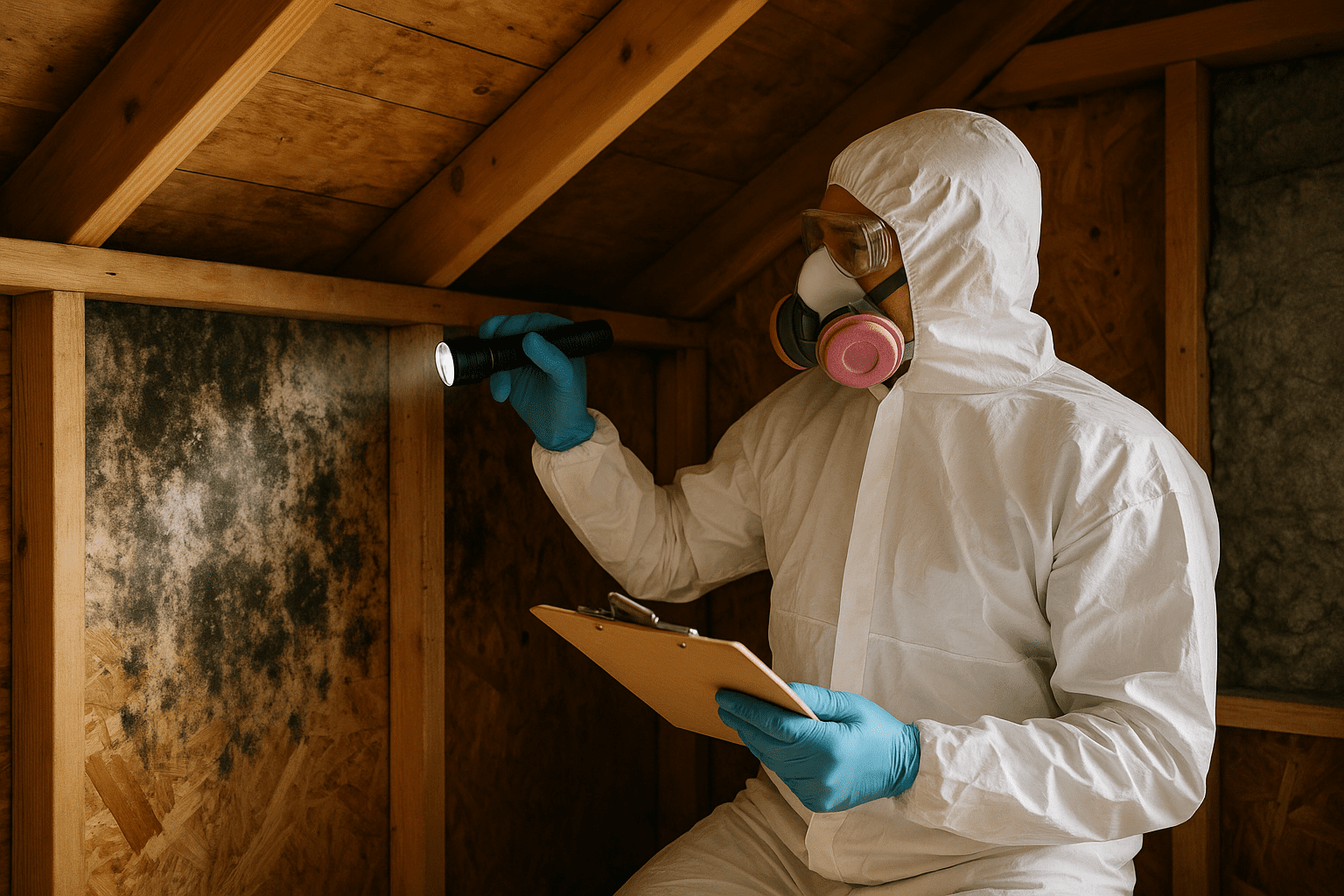Fires are a common occurrence, and they can cause significant damage to your property, but they can also have serious effects on your health and safety. In this article, we’ll explore the different ways that fire damage can impact your well-being, and what you can do to protect yourself.
Smoke Inhalation
One of the most significant health risks associated with fire damage is smoke inhalation. When you breathe in smoke, you’re inhaling a mixture of gases and particles that can cause serious harm to your respiratory system. Smoke inhalation can cause coughing, shortness of breath, chest pain, and even lung damage.
It’s important to note that smoke inhalation doesn’t just happen during a fire. Smoke can linger in the air for days after a fire has been put out, and it can still be harmful to your health. If you’ve experienced fire damage, you should avoid spending time in the affected area until it has been properly cleaned and ventilated.
Carbon Monoxide Poisoning
Carbon monoxide is a colorless, odorless gas that is produced when fuels like wood, gas, and oil burn. When you breathe in high levels of carbon monoxide, it can cause headaches, dizziness, nausea, and even death. Carbon monoxide poisoning is a serious risk during and after a fire, as damaged appliances and ventilation systems can release high levels of the gas.
To protect yourself from carbon monoxide poisoning, it’s important to have working carbon monoxide detectors in your home. You should also have your appliances and ventilation systems inspected regularly to ensure they are functioning properly.
Physical Injuries
In addition to the health risks associated with smoke and carbon monoxide, fire damage can also cause physical injuries. Burns and cuts are common injuries during a fire, and they can range from minor to life-threatening. If you’ve experienced fire damage, it’s important to seek medical attention if you have any injuries, no matter how small they may seem. Furthermore, fire damage can cause structural damage to your home or building, making it potentially unsafe to inhabit. It’s important to have your property inspected by professionals to ensure that it is safe to return to.
Mental Health
In addition to the physical effects of fire damage, it’s important to acknowledge the emotional toll that it can take on your well-being. Fires can be extremely traumatic experiences, and they can leave lasting emotional scars that can impact you for years to come. Coping with fire damage can be a challenging and stressful process, and it’s important to take care of your mental health as well as your physical health. This may involve seeking counseling or support from loved ones, or exploring alternative methods of stress management such as meditation or yoga. Remember that recovery is a journey, and it’s important to take things one step at a time. Don’t be afraid to speak up if you’re struggling, and remember that there is no shame in seeking help when you need it. With the right support and resources, it is possible to overcome the emotional toll of fire damage and move forward towards a brighter future.
Prevention
Prevention is key when it comes to fire damage. There are several steps you can take to reduce the risk of a fire occurring in your home or building. These include:
- Installing smoke detectors and carbon monoxide detectors
- Keeping flammable materials away from heat sources
- Regularly inspecting and maintaining appliances and electrical systems
- Having an evacuation plan in place and practicing it regularly
- Properly disposing of cigarettes and other smoking materials
Conclusion
Fire damage can have serious effects on your health and safety, from smoke inhalation and carbon monoxide poisoning to physical injuries and emotional trauma. If you’ve experienced fire damage, it’s important to take steps to protect yourself and seek medical attention if necessary. By understanding the risks associated with fire damage and taking preventative measures, you can help keep yourself and your property safe.



